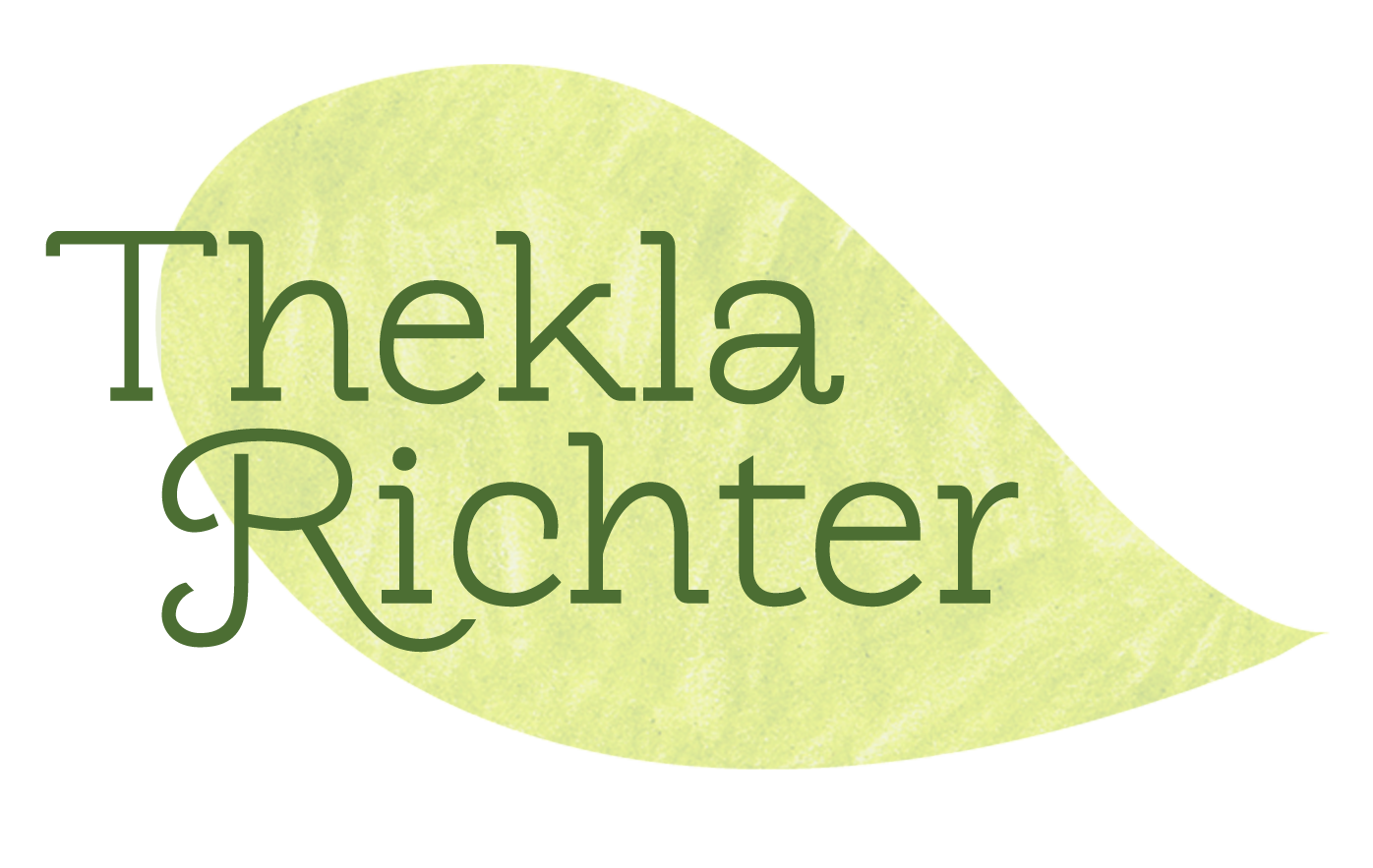Calendars are an under-appreciated and oft-misused organizational tool. Many people put only some events on their calendars, relying on memory or sticky notes for the rest. Others cram their calendars full of tasks they hope to accomplish on given days, trying to make them serve as a combination calendar and to-do list.

Photo by D Sharon Pruitt, modified by Thekla Richter
In an ideal world, your calendar holds all of the date-specific information you need to review on a given day, and all of the time-bound tasks that you need to do. In that same ideal world, your calendar holds nothing more because other items are tracked elsewhere.
1. Choose the right calendar tool.
The best kind of calendar is portable, shareable, impossible to lose and simple for you to use. For most people, an online calendar such as Google Calendar is best. If you don’t carry a smart phone with you, print out your calendar daily and put the printout in your pocket or purse for reference.
If you strongly prefer paper planners, I recommend keeping your planner at home and carrying around a photocopy of the current week. Otherwise, you run the risk of a major organizational meltdown if you ever lose your planner.
2. Don’t use your calendar as a to-do list.
If you want to schedule time on your calendar for projects and action items, or put reminders of projects and deadlines on your calendar, that is great. Just make sure that you are not relying on the calendar to track the very existence of your projects and tasks or to hold information that’s not very specific to dates and times. You’ll want separate lists and tools for that so that your calendar doesn’t get cluttered and confusing.
3. Check your calendar at least once per day.
I check mine at night after LittleA goes to bed, and again in the morning after breakfast (and not-so-coincidentally, after coffee). You will probably check it at other times throughout the day, but choose 1-2 consistent times per day as the minimum and make it an automatic habit. Otherwise, you fall into the trap of trying to memorize your calendar. That’s sub-optimal because a) you will forget things and b) it tends to create stress and waste your energy.
Your calendar can help you only if you actually refer to it frequently and make use of the information you stored there.
4. Don’t schedule without your calendar.
Don’t make any firm commitments unless you are actually looking at your calendar right then AND you add the event to your calendar. That way, you can make sure not to overbook yourself, and you also make sure that all time-based commitments go on your calendar. You can always call someone back or send them a follow-up email and schedule later if your calendar is not available for some reason.
5. Share your calendar with your spouse/partner.
If your calendar is electronic, shared access to each other’s calendars is great. I love viewing my husband’s calendar right aside mine in Google Calendar. We also verbally talk through our upcoming week with our calendars in front of us each Sunday afternoon which also prevents misunderstandings and last-minute logistical issues. If your calendar is not electronic, that kind of verbal checking-in can help even more.
6. Kids can have calendars too.
The older and more independent your children are, the more empowering it can be for them to have their own calendar and help keep it up to date. Having their own calendar helps teach school-age kids important organizational skills and helps you keep track of their commitments. Starting this sooner rather than later paves the way for your kid to do more of their own planning down the road.
7. Create spaciousness with your calendar.
Got an appointment? Make sure that travel time to and from its location is entered on your calendar. Got a meeting at work with someone who tends to run late, or a social event where arriving on time is especially critical? Add a 15-minute window of buffer time before and/or after such calendar events to make sure that spillover won’t ruin anything. If things run on time, you can use the extra time to get a few minutes of work done or to simply relax and enjoy not being rushed.
8. Schedule time for nothing.
Speaking of not being rushed, I highly encourage scheduling time… for not being scheduled. Pre-kiddo, my husband and I used to set aside one day a month as a “do-nothing” day on our calendar, a day during which we were not allowed to make any firm plans ahead of time. These days were usually blissful meanderings full of surprises and serendipity, peace and flow.
These days, I generally schedule one morning or afternoon each weekend as “hold unscheduled” which means that our family won’t book anything that is a commtiment to someone else during that time. Sometimes I’ll move the “hold unscheduled” window around, but I try not to outright cancel it. Some weekends we have more unscheduled time than that just incidentally, but other weekends it ends up being the only time we aren’t go-go-go. That kind of down time is positive for our whole family in keeping us happy, unstressed and reasonably caught up on things like cooking and chores.
9. Review your calendar in depth at least once a week.
This more in-depth review time is primarily to see what might be missing from your calendar and need attention, to make your week flow smoothly as you meet these commitments. Ask yourself:
- Do I need to add directions or find out the address for an event?
- Do I need to buy or prepare something to bring to this event? If so, does any time for that need to go on the calendar?
- Do I need to remind someone about this or confirm something with them?
- Does my spouse/partner know I’m expecting them to be with the kids at certain times?
- Do I have a babysitter lined up for that night?
- Anything else I can do ahead of time for any of these events to make life easier?
Making sure you have time not only to do, but to prepare, will save you a world of stress.
Getting started with shifting your calendar use.
If you’re not already doing most of the these things, the list might feel a bit daunting. That’s okay– you don’t have to make lots of changes at once if that doesn’t feel right. Try adding one or more of these habits into your life, and see if they help you feel less rushed and more organized. As those habits feel more natural, you can continue to make more changes. Once you’ve gotten used to using your calendar well, it will become automatic and very easy. And it will provide you with greater ease as your schedule starts to flow better.
Do you have a tip on making the most of your calendar so that you don’t feel rushed or forget things? Please share in the comments.
